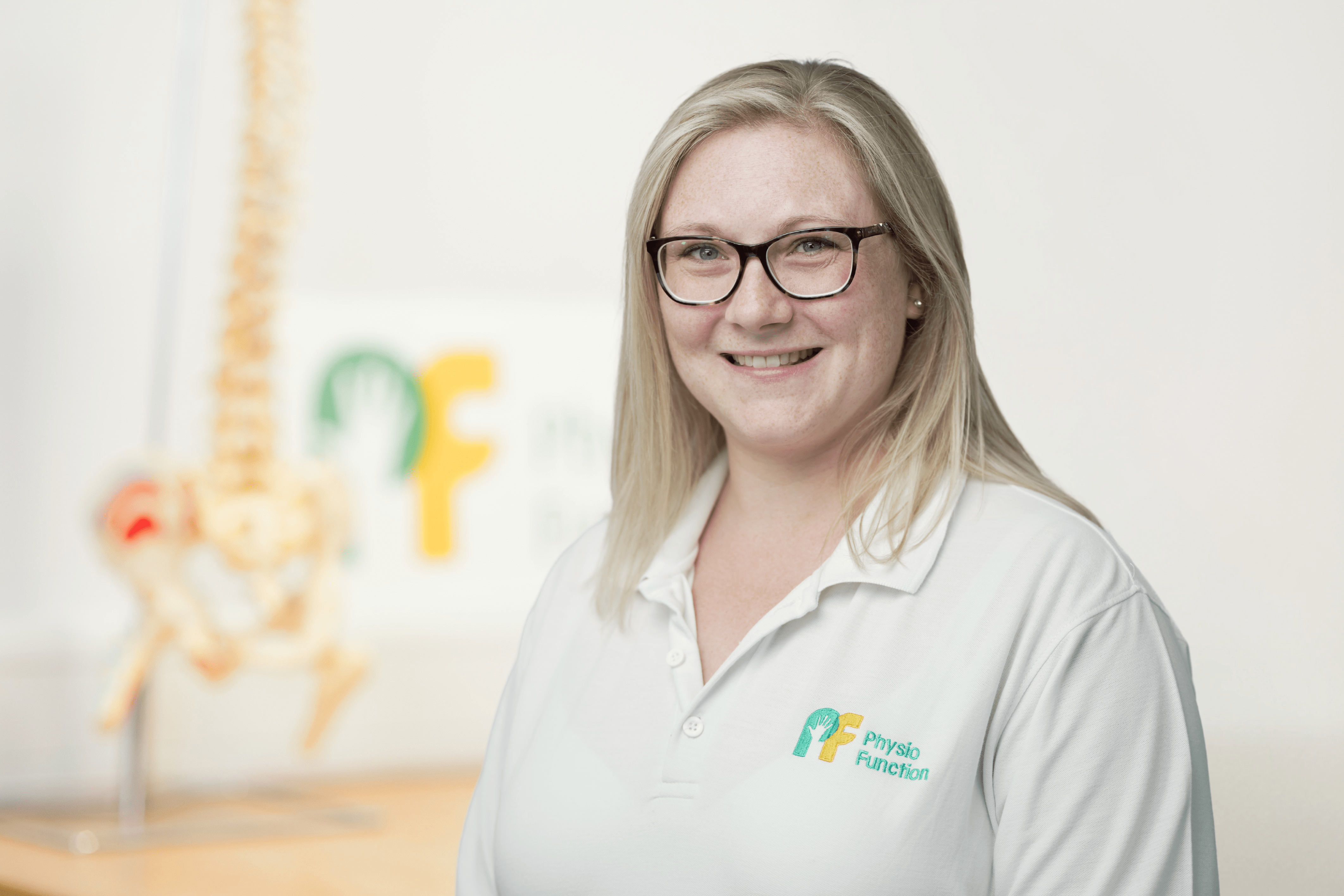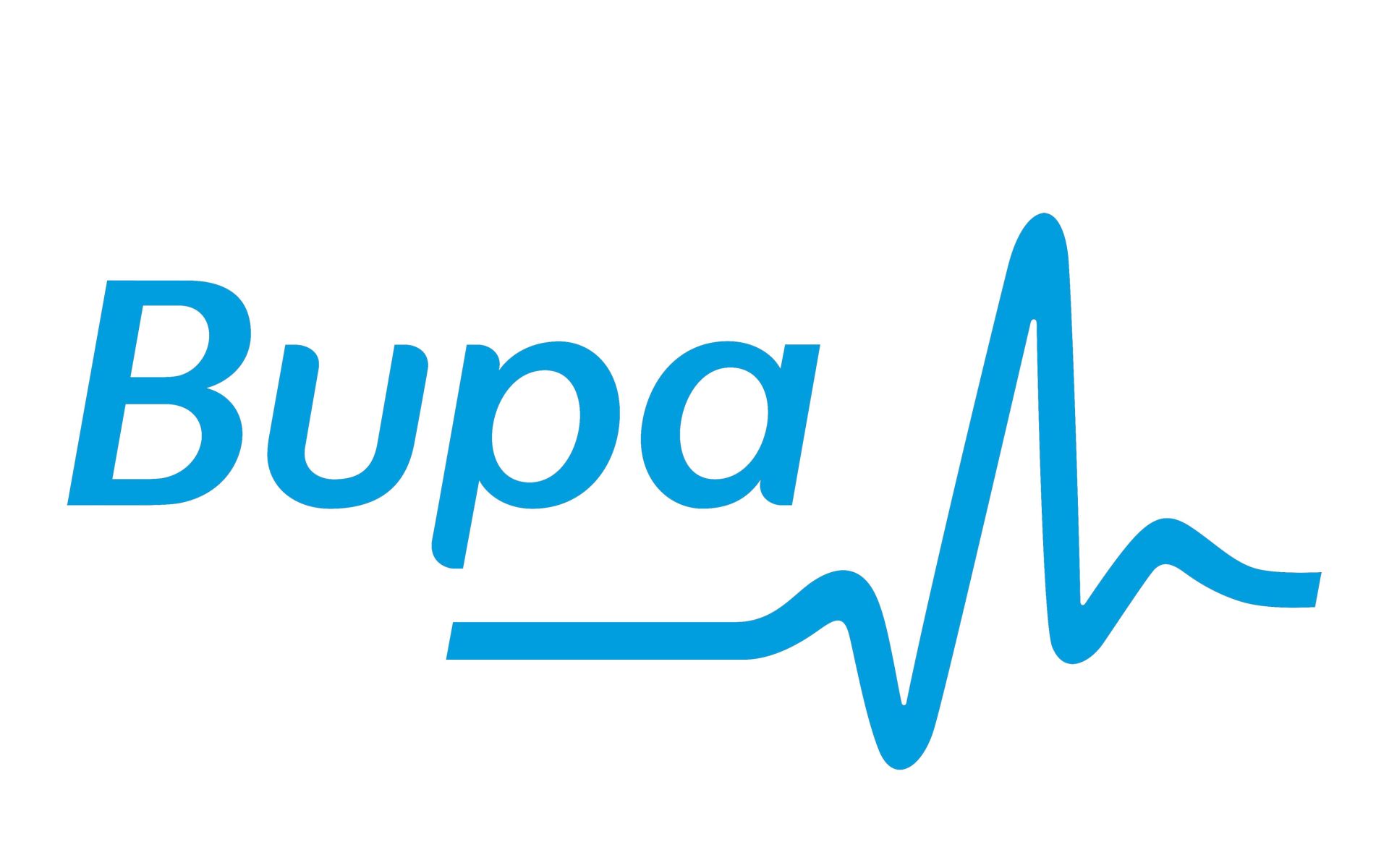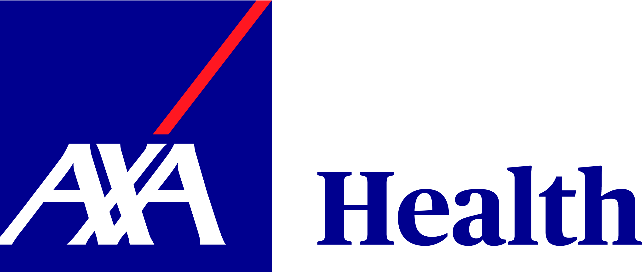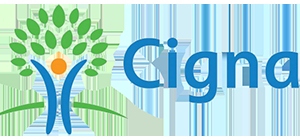Note: This makes all sizes equal and could alter the website layout.
Red:
Green:
Blue:
Red:
Green:
Blue:
Specialist Neurological Physiotherapist Lauren has recently completed her training on Facial Palsy and is now able to take bookings.
Lauren carried out her training with Facial Therapy Specialists International and having gained substantial knowledge is now ready to implement the training in clinical practice.
Understanding Facial Palsy – And How PhysioFunction Can Help
Facial palsy, also known as facial paralysis, is a condition that results in the loss of voluntary muscle movement in the face due to nerve damage or dysfunction. It can affect one or both sides of the face and often has a sudden onset. Causes range from Bell’s palsy, the most common form; to stroke, traumatic injury, tumour compression, or neurological conditions such as multiple sclerosis.
The severity and nature of the nerve damage varies from person to person, depending on the cause. Recovery outcomes are influenced by the underlying cause and, in cases like Bell’s Palsy and Ramsay Hunt, how quickly treatment is initiated.
Facial Palsy doesn’t just affect facial movement. It can interfere with eating, drinking, and facial expressions. It may also impact tear production and hearing, leading to further complications. Additionally, because the face plays a crucial role in expressing emotions and communication, the condition can significantly affect psychological wellbeing and self-esteem.
This is where PhysioFunction plays a vital role. As one of the UK’s leading providers of specialist neurological rehabilitation, PhysioFunction offers expert support for individuals living with facial palsy, using evidence-based physiotherapy techniques to help clients regain movement, function, and confidence.
A Personalised Approach to Rehabilitation
At PhysioFunction, treatment begins with a comprehensive assessment by a specialist neuro-physiotherapist experienced in facial rehabilitation. This allows the team to understand the cause, severity, and functional impact of the palsy, and to develop a tailored programme based on the client’s unique needs and goals.
PhysioFunction can support you through every stage of your recovery from Facial Palsy. In the early stages, we provide education on eye care and strategies to reduce muscle tightness, such as taping, stretches and massage. As movement begins to return, we guide you through targeted exercises and facial muscle retraining techniques to promote recovery and minimise complications like synkinesis.
Facial Palsy typically occurs in the following stages:
Supporting the Whole Person
Facial palsy doesn’t just affect muscles, it impacts confidence, mental health, and quality of life. PhysioFunction’s approach is holistic, offering emotional support and practical strategies to cope with the social challenges that may come with visible facial differences. Clients are empowered with education and home exercise programmes, enabling them to continue progress outside the clinic.
Where appropriate, PhysioFunction works collaboratively with other healthcare professionals, including neurologists, ENT specialists, and speech and language therapists, to ensure fully integrated care.
If you or someone you know is living with facial palsy, PhysioFunction is here to help. With expert knowledge, advanced techniques, and a compassionate, client-centred approach, the team is committed to helping individuals regain control, function, and confidence in their lives.





